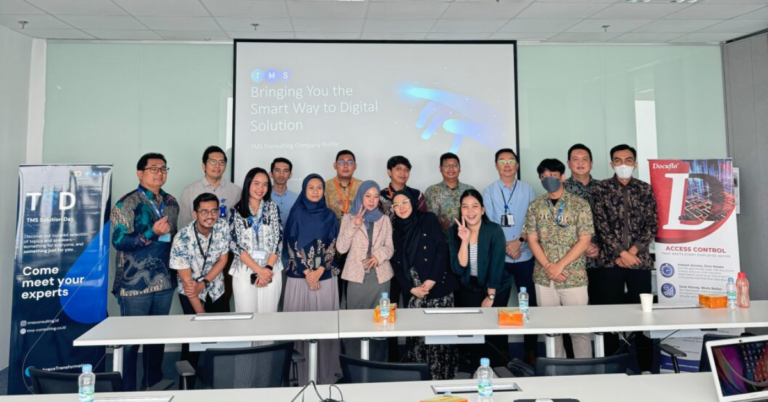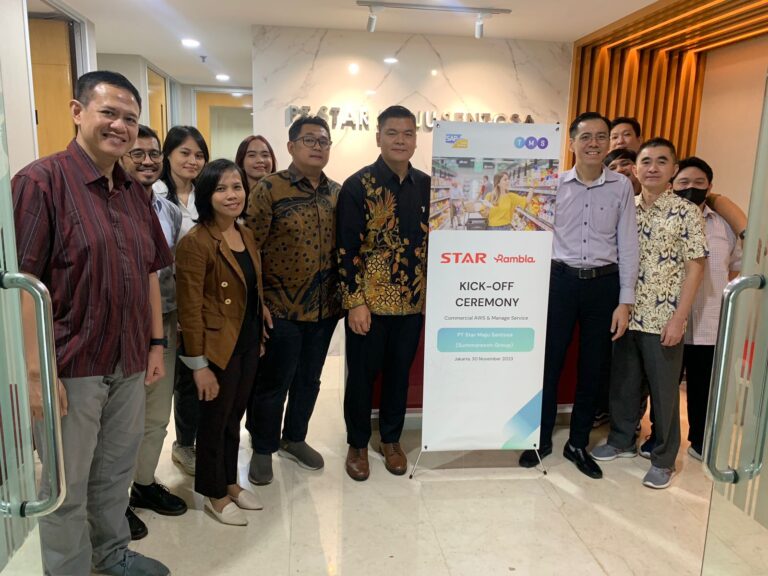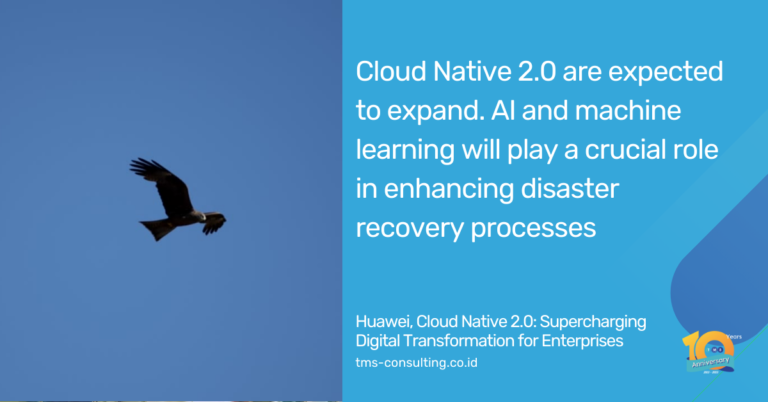Ever felt like entering a city with mass transportation options but still getting caught in a traffic jam? Or experiencing delays due to unforeseen events disrupting your plans? Unintegrated traffic control causes traffic congestion that moves in an uncoordinated manner, just like the data in your enterprise.
In the modern digital landscape, the importance of integrated data within enterprise software cannot be overstated. Data silos—isolated data sets managed independently by different departments—pose significant challenges across various industries. This article delves into the impacts of data silos using the example of unintegrated urban transportation systems to illustrate the broader consequences of failing to integrate data within enterprise software.
Understanding Data Silos in Enterprises
Data silos occur when different departments within an organization collect and store data independently without sharing it with other parts of the organization. According to Davenport and Prusak (1998), these silos can lead to inefficiencies and missed opportunities for optimization because the data is not integrated and cannot provide a comprehensive view of the organization’s operations.
Case Study: The Impact of Data Silos on Urban Transportation
In cities where mass transportation data is not integrated, several issues arise that parallel those faced by enterprises:
- Traffic Congestion: Without integrated data, transportation agencies struggle to manage traffic flows effectively, leading to severe congestion. This mirrors how enterprises face inefficiencies in resource allocation without integrated data.
- Public Transport Inefficiencies: Public transportation systems rely on real-time data for optimization. Siloed data prevents dynamic adjustments, similar to how enterprises struggle with decision-making and innovation when data is fragmented.
- Higher Costs: Redundant investments in separate IT systems increase costs, both in urban transportation and within enterprises managing independent data systems.
A report by the International Transport Forum (2017) highlights how cities with integrated transportation systems, such as Helsinki and Singapore, have significantly improved efficiency and user satisfaction by leveraging integrated data. These cities experience smoother traffic conditions and higher levels of public satisfaction, demonstrating the tangible benefits of data integration.
The Role of Enterprise Software in Data Integration
Enterprise software solutions are essential for overcoming the challenges posed by data silos. These solutions provide platforms that can integrate data from multiple sources, enabling a comprehensive view of the organization. For example:
- Enterprise Resource Planning (ERP) Systems: ERPs can consolidate data across various departments, providing a unified view of the organization’s operations.
- Customer Relationship Management (CRM) Systems: CRMs integrate customer data from different touchpoints, enhancing the ability to provide consistent and high-quality customer service.
- Advanced Analytics and AI Tools: These tools analyze integrated data to provide insights that support better decision-making and operational efficiency.
According to McKinsey & Company (2018), organizations that leverage integrated enterprise software solutions can reduce operational costs by up to 15% and improve overall efficiency by up to 20%.
Key Areas
Data silos pose a significant challenge to the efficient management of enterprises across various industries. The lack of integrated data leads to inefficiencies, higher costs, and poor decision-making. However, enterprise software solutions offer a pathway to overcome these challenges by providing platforms for data integration and advanced analytics. By leveraging these technologies, organizations can improve their operations, enhance customer satisfaction, and drive innovation.
Integrating data is not just a technical necessity but a strategic imperative for businesses aiming to thrive in the competitive digital landscape. TMS Consulting is here to be your trusted partner on this exciting journey. With our commitment to Innovation, TMS Consulting can help you unlock your full potential and achieve sustainable growth in the digital age. Talk to us today and take the first step to being a part of the global digital revolution!
Sources & References :
Davenport, T. H., & Prusak, L. Working Knowledge: How Organizations Manage What They Know. Harvard Business School Press
International Transport Forum. ITF Transport Outlook 2017. OECD Publishing
McKinsey & Company. Smart Cities: Digital Solutions for a More Livable Future






